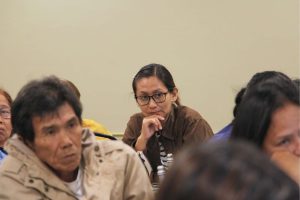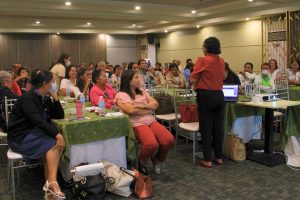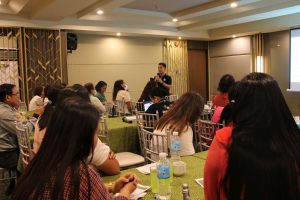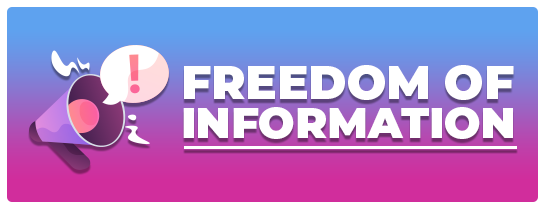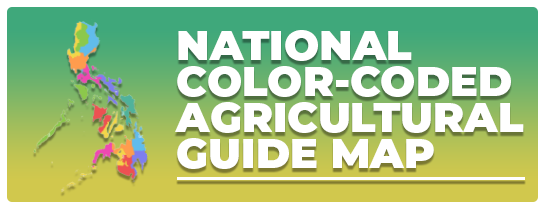PAFES conducts financial literacy training for Iloilo FCAs
Posted by: RAFIS DA6 | Posted at: April 29, 2025
In a bid to strengthen the financial management capacities of farmers cooperatives and associations (FCAs), the Provincial-led Agriculture and Fisheries Extension System (PAFES) is conducting a two-day Financial Literacy Training from April 24 to 25, 2025, in Iloilo City.
The activity brought together presidents, general managers, treasurers, and bookkeepers from various FCAs across the province of Iloilo. Participant selection was a collaborative effort among the Farm and Fisheries Clustering and Consolidation (F2C2), the Department of Agriculture – Western Visayas Rice Program, and PAFES.
PAFES Focal Person Eman S. Fernandez emphasized the purpose of the training, stating, “PAFES serves as a formal inter-agency network that aims to enhance rural livelihoods by sharing science-based knowledge with farming families, rural communities, and agri-enterprises. It also aims to strengthen the capability of LGUs in implementing multiple agri-fishery programs, with the province as the center of operations.”
Serving as the resource speaker for the two-day training was DA-Western Visayas’ former Regional Technical Director and DA-NIR OIC-Regional Executive Director, Joyce S. Wendam. As an accountant with extensive experience working with farmers and fisherfolk organizations, Wendam shared practical and relatable accounting techniques.
“Financial statements play a critical role in any organization. They serve as the basis for decision-making and are key indicators of whether an organization is gaining or losing,” Wendam said, highlighting the importance of financial transparency and literacy for FCAs.
The training featured three key modules: an introduction to accounting, fundamentals of bookkeeping, and an overview of financial statements. Each module was followed by hands-on exercises and workshops to reinforce learning.
This event marks the first leg of a series of financial literacy trainings set to roll out in other provinces across the region.
Over the years, the implementation of the Province-led Agriculture and Fisheries Extension System (PAFES) in Western Visayas has yielded notable best practices that have significantly enhanced the region’s agricultural and fisheries sectors. A key achievement has been the establishment of linkages with partner agencies, including the Agricultural Training Institute, Bureau of Fisheries and Aquatic Resources, Sugar Regulatory Administration, Philippine Coconut Authority, and Philippine Crop Insurance Corporation. These collaborations have facilitated the sharing of resources, expertise, and support, thereby strengthening the overall extension services provided to local farmers and fisherfolk.
Another significant practice is the active involvement of technical staff from these partner agencies in consultations and the identification of interventions within the Collaborative Provincial Agriculture and Fisheries Extension Program (CPAFEP) Plan. This inclusive approach ensures that the programs and projects are tailored to the specific needs and conditions of the local communities, enhancing their effectiveness and relevance.
Furthermore, the continued rollout of programs and projects for priority commodities, backed by funding support from the provincial government, underscores the commitment to sustaining and advancing the agricultural and fisheries industries in the region. This financial backing has enabled the implementation of various initiatives aimed at improving productivity, infrastructure, and market access for farmers and fisherfolk.
Collectively, these best practices demonstrate the efficacy of PAFES as a collaborative framework that leverages inter-agency partnerships, stakeholder engagement, and sustained funding to drive agricultural and fisheries development in Western Visayas.
Through initiatives like this training, PAFES continues to pave the way for more empowered, financially literate, and resilient farmers’ organizations across the region. ### (Aileen Joy M. Subade_RAFIS 6)





